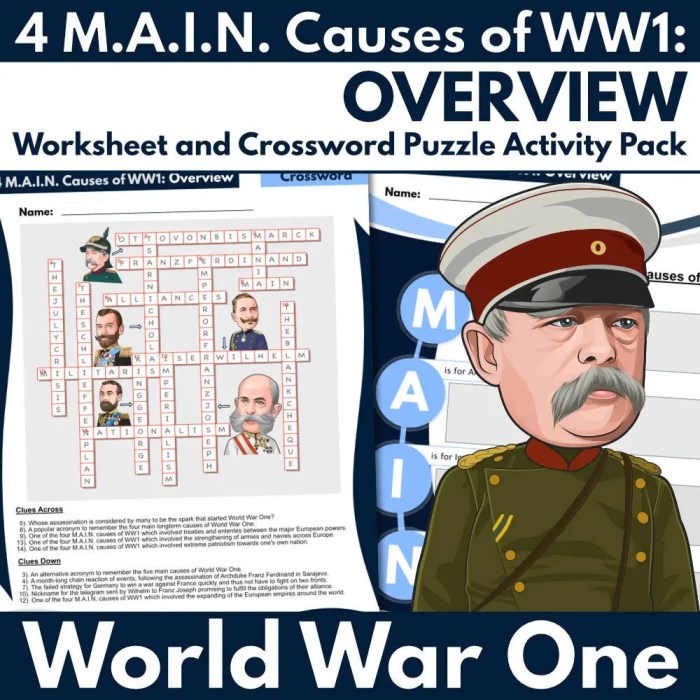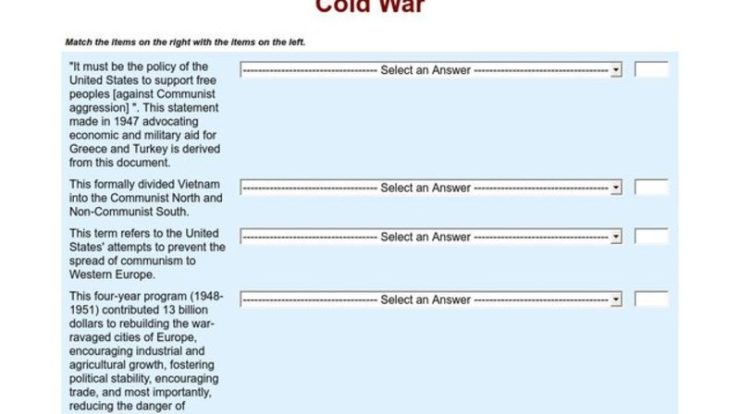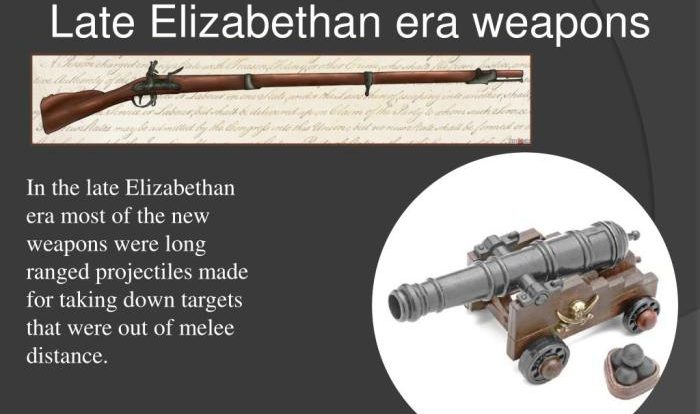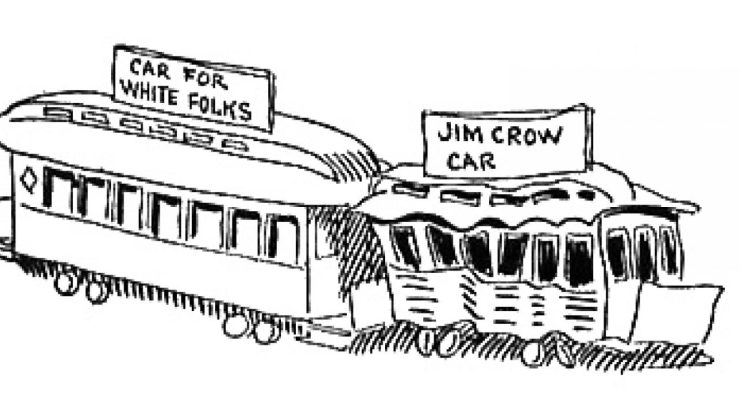Causes of ww1 station activity worksheet answers – Unveiling the Causes of World War I: A Comprehensive Worksheet Analysis embarks on an in-depth exploration of the complex factors that ignited the Great War. This meticulously crafted resource delves into the historical context, military buildup, immediate triggers, and global impact of the conflict, providing a nuanced understanding of its origins and consequences.
Through a comprehensive examination of primary and secondary sources, this worksheet analysis unravels the intricate web of political, economic, and military forces that culminated in the outbreak of World War I. It offers a clear and concise framework for students and researchers to grasp the complexities of this pivotal event.
Historical Context

World War I emerged from a complex interplay of historical, political, and economic factors that had been brewing for decades. The major powers of Europe, including Germany, France, Russia, Austria-Hungary, and Great Britain, were locked in a web of alliances and rivalries that would ultimately lead to war.
Political tensions were heightened by the rise of nationalism and imperialism, as each power sought to expand its influence and control over territories. Economic competition and the race for resources further fueled the tensions, creating a climate of suspicion and mistrust.
Military Buildup: Causes Of Ww1 Station Activity Worksheet Answers
In the years leading up to the war, European powers engaged in a massive arms race, building up their military capabilities and forming alliances to ensure their security. Technological advancements in weaponry, such as the development of heavy artillery, machine guns, and airplanes, had a profound impact on warfare.
Germany, in particular, pursued an aggressive military strategy, seeking to challenge the established powers and expand its influence in Europe. France and Russia formed an alliance to counter Germany’s growing strength, while Great Britain maintained a policy of “splendid isolation,” avoiding alliances but maintaining a powerful navy.
Immediate Causes, Causes of ww1 station activity worksheet answers
The assassination of Archduke Franz Ferdinand, heir to the Austro-Hungarian throne, on June 28, 1914, is widely seen as the immediate trigger for World War I. However, it was only one event in a series of diplomatic failures and misunderstandings that led to the escalation of tensions.
Austria-Hungary, backed by Germany, issued an ultimatum to Serbia, blaming it for the assassination and demanding reparations. Serbia, supported by Russia, refused to comply fully with the ultimatum, leading to the declaration of war by Austria-Hungary on July 28, 1914.
Outbreak of War
The declaration of war between Austria-Hungary and Serbia set off a chain reaction of diplomatic maneuvers and military mobilizations. Germany, as Austria-Hungary’s ally, declared war on Russia on August 1, 1914, and on France the following day.
Great Britain, bound by treaty to protect Belgium, declared war on Germany on August 4, 1914, after Germany invaded neutral Belgium. By August 6, 1914, all the major European powers were at war, marking the beginning of World War I.
Global Impact
World War I was not confined to Europe but spread to other continents, including Africa, Asia, and the Americas. Colonial territories were drawn into the conflict, and non-European powers, such as Japan and the United States, played significant roles.
The war had a devastating economic and social impact worldwide. The loss of life and the destruction of infrastructure and resources led to widespread poverty and hardship. The war also had a profound impact on the political landscape, leading to the collapse of empires and the rise of new nation-states.
Questions Often Asked
What were the major alliances that contributed to the outbreak of World War I?
The Triple Alliance (Germany, Austria-Hungary, Italy) and the Triple Entente (France, Russia, Great Britain)
How did the assassination of Archduke Franz Ferdinand trigger the war?
The assassination served as a catalyst, leading to Austria-Hungary’s declaration of war on Serbia, which in turn triggered a chain reaction of alliances and counter-alliances.
What were the key technological advancements that impacted warfare during World War I?
Machine guns, artillery, poison gas, and the development of new aircraft and submarines
How did the war impact non-European powers?
The war drew in colonial territories and non-European powers, such as Japan and the United States, and had significant consequences for their political and economic development.


